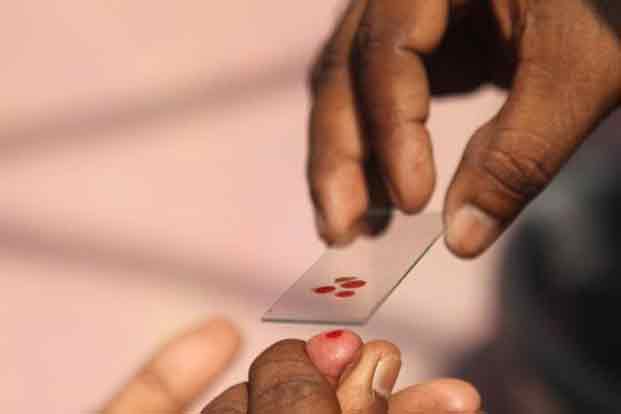There are Several Kinds of Fever. When Should Dengue be Suspected?
Apr 19, 2022
Dengue is triggered by viruses. It commonly occurs as dengue fever. In some situations, patients suffering from dengue can have bleeding through nose, skin or gums. Patients may sometimes also have black stools or coffee ground vomiting which is a serious indication of bleeding within gastro intestinal tracts. Dengue patients suffering from bleeding have DHF or dengue haemorrhagic fever. In rare circumstances, dengue patients can develop shock which is an indication of DSS or dengue shock syndrome.

To diagnose Dengue, keep a check on the fever:
Dengue shall be suspected if one has a sudden fever which is as high as 39 to 40 degrees C or 103 to 105 degress F. Fever is accompanied with a severe headache (usually in forehead), body aches, pain behind eyes, nausea, vomiting or skin rashes. The duration of fever is 5 to 7 days. In few patients, fever lowers down on day 3 or 4 but returns. All the aforementioned signs and symptoms may not be found in patients. Patients feel more discomfort post the illness.
Signs & Symptoms typical to Dengue:
The features of dengue which differentiate it from the other causes or factors of fever are
- Pain Behind Eyes
- Skin Rashes
- Severe Muscular Pain
- Joints Pains
Such characteristics make diagnosis of the suspected dengue probable. Severe pain in joints caused by dengue fever is the reason that it is also known as break-bone fever.
So how should one differentiates between probable and suspected dengue?
A patient has probable dengue if he has increased blood haematocrit or reduced platelets. The additional outcomes make dengue more probable. A patient with dengue may not have high haematocrit when the patient is anemic to commence with.
Laboratory tests do provide indirect or direct proof of dengue fever. Such tests prove the emergence of dengue infection. Additional tests can also be taken to diagnose the type of dengue infection. Only reliable laboratories should be chosen for getting the tests done to confirm dengue.
Save








